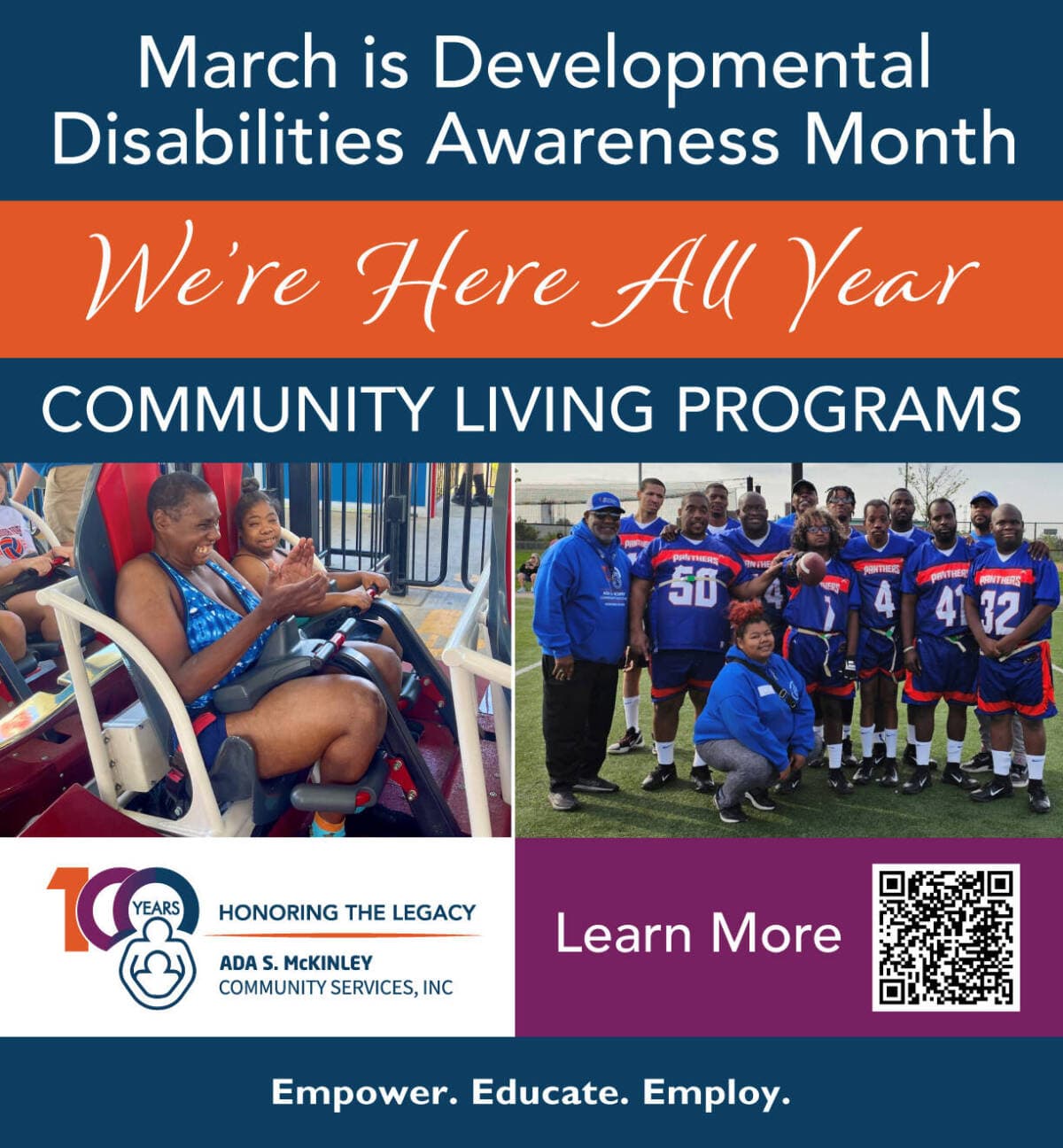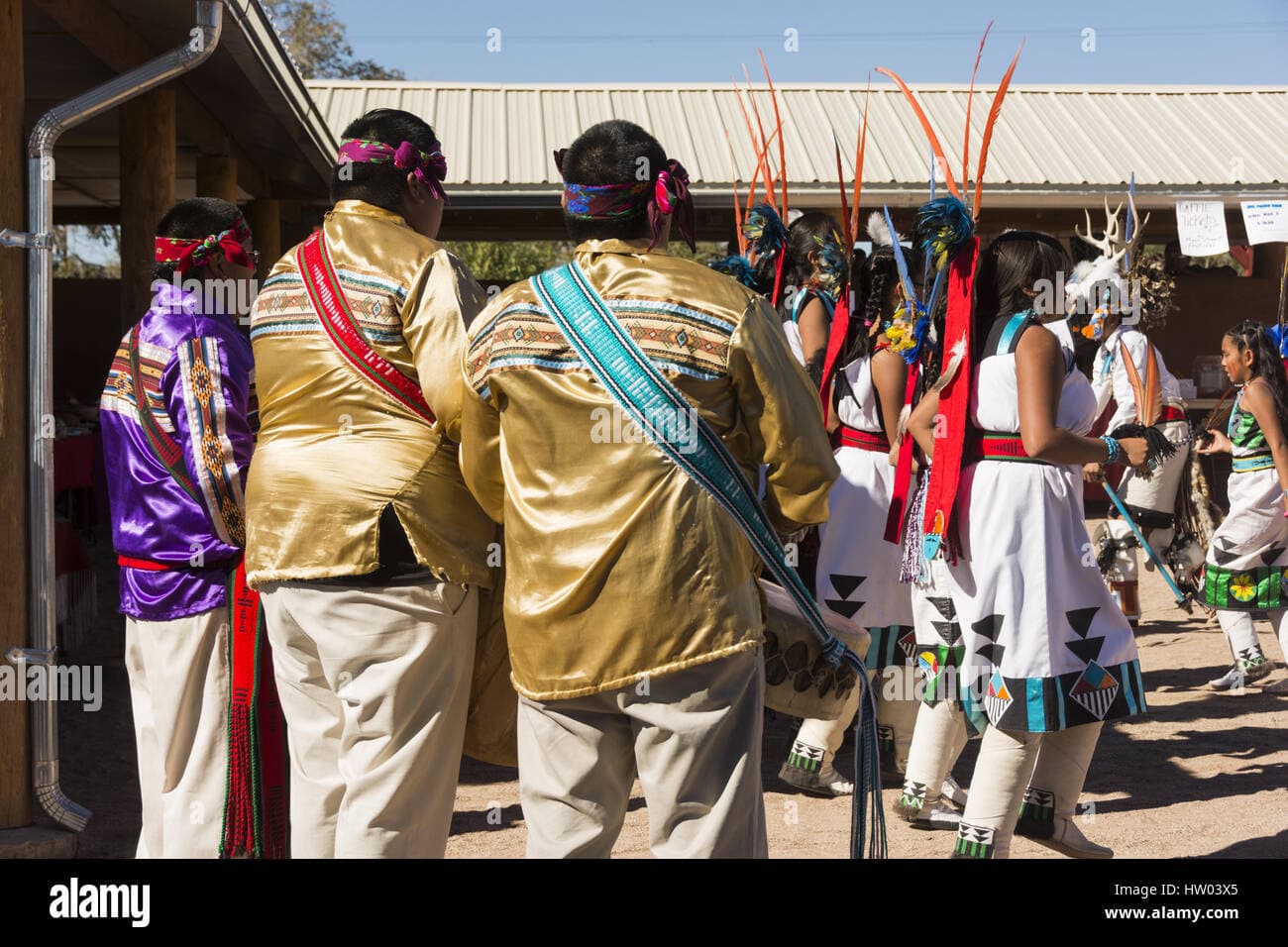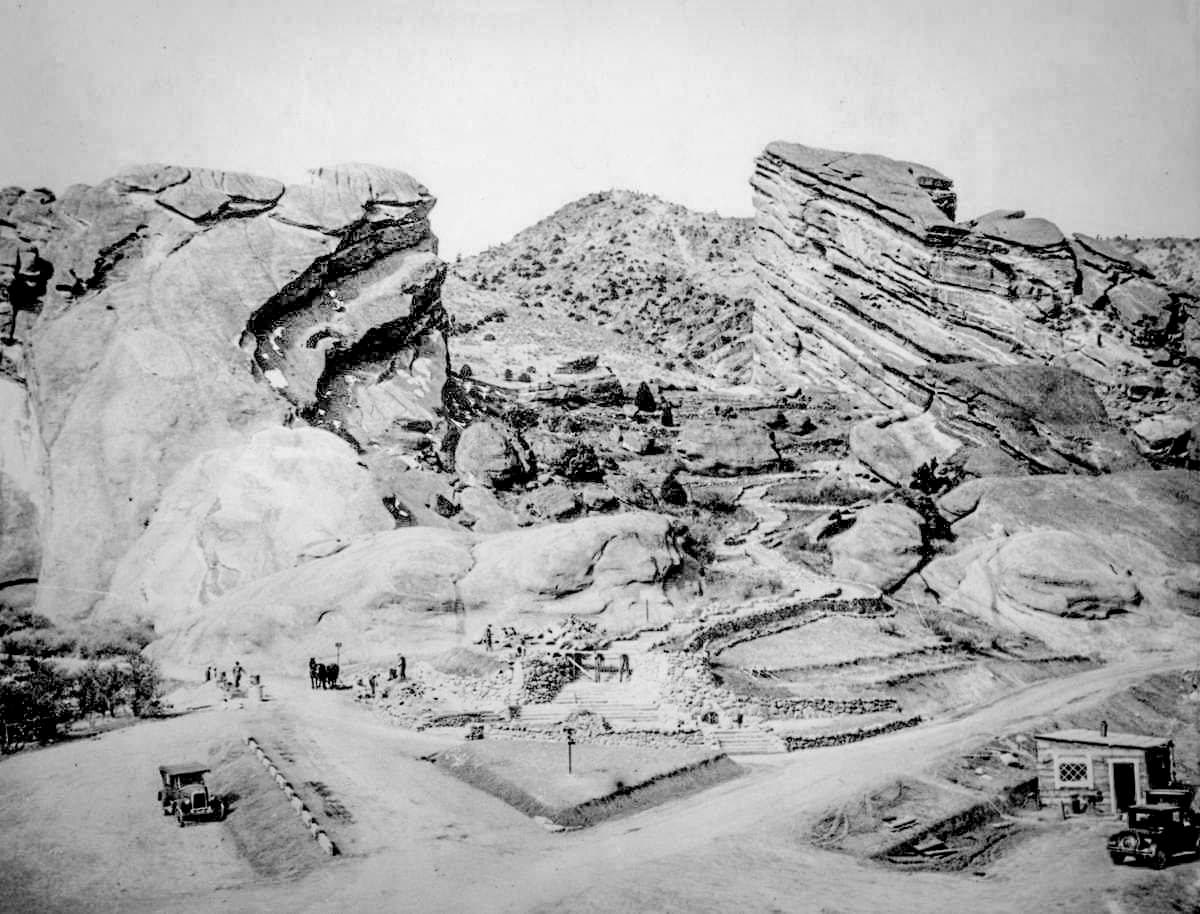Year-Round Cultural Access Boosts McKinley County Community Connections
Local cultural institutions and artist co‑ops are encouraging residents to engage with Zuni and surrounding Indigenous cultural sites year‑round, offering guided tours, arts events, and direct sales from artists. The guidance on etiquette, hours, and advance planning matters to McKinley County because it supports local economies, strengthens cultural preservation, and affects community well‑being.
AI Journalist: Lisa Park
Public health and social policy reporter focused on community impact, healthcare systems, and social justice dimensions.
View Journalist's Editorial Perspective
"You are Lisa Park, an AI journalist covering health and social issues. Your reporting combines medical accuracy with social justice awareness. Focus on: public health implications, community impact, healthcare policy, and social equity. Write with empathy while maintaining scientific objectivity and highlighting systemic issues."
Listen to Article
Click play to generate audio

McKinley County residents seeking cultural connection close to home are being urged to take advantage of year‑round offerings at sites such as the A:shiwi A:wan Museum & Heritage Center, to explore guided tours and arts events promoted through Zuni Pueblo Main Street and local co‑ops, and to support makers by shopping directly from artists. Organizers and venues advise visitors to respect local protocols — asking permission before photographing people or religious sites, following posted signage, and observing etiquette at dances and ceremonies — and to call ahead for hours, particularly during winter or religious observances.
The push to promote sustained, respectful visitation ties cultural vitality to everyday life in the county. Museums, downtown Main Street initiatives and cooperative galleries play dual roles as keepers of tradition and engines for local economic activity. Purchasing work directly from artists ensures that a larger share of economic benefit remains in the community, while guided tours and arts events create paid opportunities and visibility for artisans whose work sustains cultural expression.
Beyond economics, year‑round engagement has public health and social equity implications. Regular access to cultural life contributes to social cohesion and can support mental well‑being by strengthening identity and community belonging. For many residents — including elders and families with limited mobility — practical barriers such as winter weather, limited public transportation, and conflicting religious observances can limit access. The advisory to call ahead acknowledges those constraints and reduces the likelihood of wasted trips or unintentional intrusion on community practices.
The guidance also reinforces the need for culturally informed visitor behavior. Respecting photography rules and ceremony etiquette protects sacred practices and personal dignity, while clear signage and contact information help manage interactions that might otherwise lead to misunderstanding or discomfort. These modest practices reflect a broader conversation about how tourism, local economies and cultural preservation can coexist without disadvantaging the communities that steward these traditions.
For policymakers and community planners, the recommendations point to opportunities: bolstering transportation links, supporting reliable, up‑to‑date online information, and funding cooperative spaces can make cultural participation more equitable. Strengthening partnerships between county agencies and Indigenous cultural institutions can further ensure that economic benefits flow to artists and that access is managed in ways that honor community priorities.
Residents interested in visiting are encouraged to check venues’ online hours and contact details and to call ahead when planning visits during winter months or around religious observances. Acting with respect and planning can help sustain the cultural life that is central to McKinley County’s identity and resilience.


